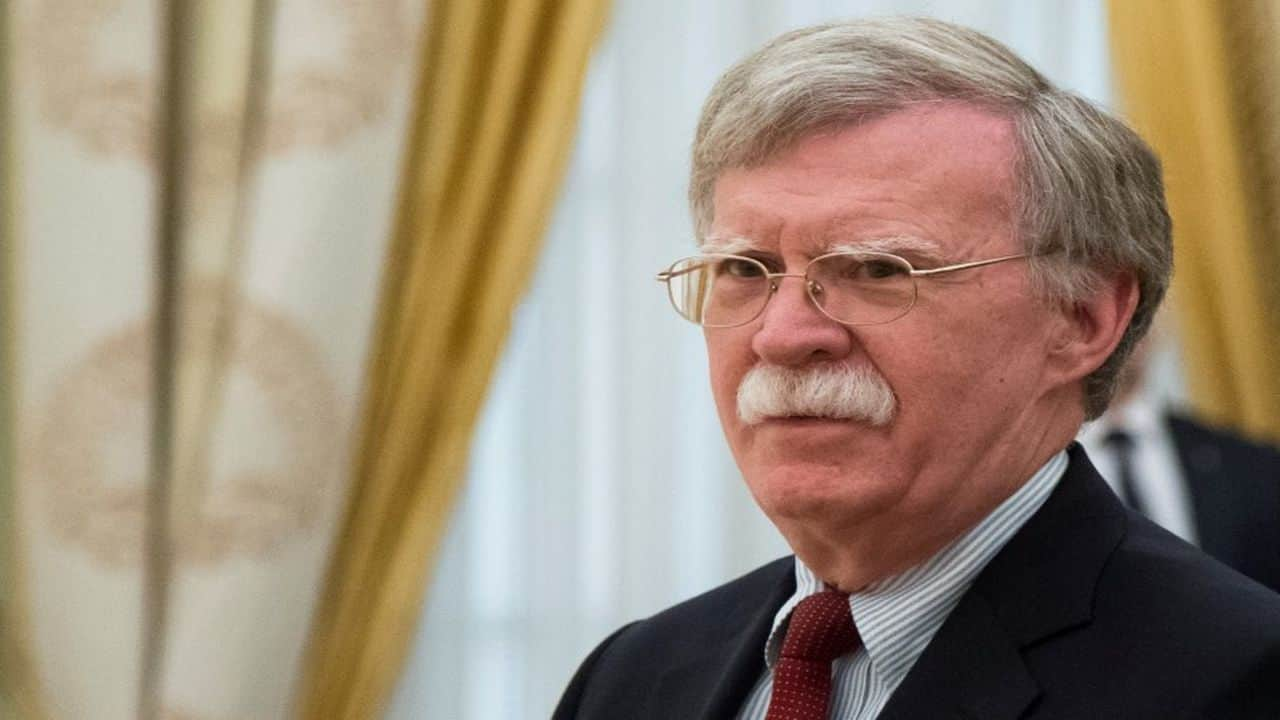 |
|
Former US National Security Advisor (NSA) John Bolton has reiterated India's stance, stating that Pakistan initiated the ceasefire following four days of intense conflict. Bolton posits that Islamabad recognized the necessity to resolve the situation without escalating the conflict and incurring domestic political repercussions. This acknowledgment from a prominent figure like Bolton lends credence to India's narrative and provides insights into the geopolitical dynamics at play. His perspective, shaped by his tenure as NSA during a critical period, offers valuable context to the events surrounding the conflict and its aftermath. Bolton's assessment suggests that Pakistan's decision to seek a ceasefire was driven by a pragmatic understanding of its limitations and the potential costs of further escalation. This underscores the complex calculations and strategic considerations that underpin international relations, particularly in regions marked by historical tensions and nuclear capabilities. The article highlights the importance of understanding the motivations and constraints of all parties involved in a conflict to effectively analyze and address the underlying issues. Bolton's analysis also touches upon the broader implications of the conflict, including the role of external actors and the potential for further instability. He emphasizes the need for the United States to remain engaged in the region, particularly given the presence of nuclear powers and the risk of escalation. This call for US involvement reflects a recognition of the country's unique capacity to mediate disputes and promote stability in volatile regions. The article also underscores the enduring challenges posed by terrorism and the importance of international cooperation in combating this threat. Bolton's remarks highlight the need for a comprehensive approach that addresses both the immediate security concerns and the underlying factors that contribute to radicalization and extremism. His insights provide a valuable framework for understanding the complex interplay of political, security, and economic factors that shape the dynamics of the region.
Bolton emphasized India's legitimate right to self-defense in response to terrorist attacks originating from across the border in Kashmir. He specified that India's precision strikes were strategically targeted at terrorist encampments and locations facilitating terrorist activities. This endorsement of India's actions by a former US NSA carries significant weight and reinforces the justification for India's response. Bolton's statement underscores the principle of self-defense under international law, which allows states to take necessary measures to protect themselves from imminent threats. By acknowledging the legitimacy of India's response, Bolton implicitly condemns the acts of terrorism that prompted the strikes. His remarks also highlight the importance of precision in military operations, particularly in densely populated areas where civilian casualties are a concern. The focus on targeting terrorist encampments and support infrastructure suggests a deliberate effort to minimize collateral damage and avoid escalation. Bolton's analysis contributes to a broader understanding of the legal and ethical considerations that govern the use of force in international relations. It also underscores the importance of holding states accountable for preventing terrorist activities from being launched from their territories. This aspect of the article raises important questions about the responsibilities of states in combating terrorism and the measures they must take to prevent their territories from being used as safe havens for terrorists. Bolton's perspective offers a valuable insight into the complex challenges of counterterrorism and the need for a comprehensive approach that addresses both the immediate security threats and the underlying causes of terrorism.
Reflecting on communication between New Delhi and Washington during the 2019 Pulwama terror attack and the more recent 2025 Pahalgam attack, Bolton recounted the US's engagement amidst preparations for a Trump-Kim summit in Hanoi. He clarified that the situation in 2019 de-escalated rapidly after India's retaliation against terrorist bases. Bolton stated that before further US involvement, Vice President Vance's view of it being 'none of our business' was wrong. He stated that the US should be involved because India and Pakistan are nuclear powers in a potentially dangerous situation. Bolton expressed concerns about terror activities towards innocent civilians, stating “We should not be in the world where innocent people are the victims of terrorism. US fear is increased Chinese influence over Pakistan which is not good for any of us”. This sentiment highlights the critical role of international diplomacy and the need for proactive engagement by major powers in managing regional conflicts. Bolton's perspective underscores the interconnectedness of global security and the importance of addressing potential flashpoints before they escalate into wider crises. His remarks also raise questions about the appropriate level and nature of US involvement in regional disputes, balancing the need to protect US interests with the principle of non-interference in the internal affairs of other countries. The mention of Chinese influence over Pakistan adds another layer of complexity to the situation, highlighting the geopolitical competition that is playing out in the region. Bolton's concerns reflect a broader anxiety about the growing assertiveness of China on the global stage and its potential impact on the balance of power. His analysis underscores the need for the US to develop a comprehensive strategy for engaging with China and managing its relationships with other countries in the region.
